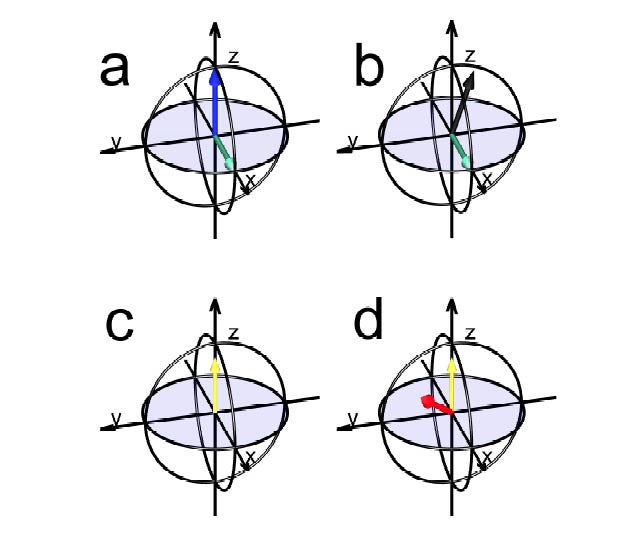Friday, December 17, 2010
An IQC research team recently implemented a novel way to cope with errors inherent to quantum systems, and published their results in Nature Communications.

Errors are unavoidable in any device used for quantum information processing, due to uncontrollable interactions between the quantum system and its environment.
An Institute for Quantum Computing (IQC) research team recently implemented a novel way to cope with errors inherent to quantum systems.
“We know there are incredible advantages to quantum information processing over classical computing, but the hurdle we need to overcome is errors,” said IQC Director Raymond Laflamme, co-author of a new paper in Nature Communications. “We can’t completely eliminate errors, but we can learn to control them.”
A number of error-correcting and fault-tolerant methods have been developed in recent years to overcome quantum imperfections. In particular, some methods rely to the ability to prepare quantum bits (qubits) in special high-purity state: the so-called magic state.
As explained in the Nature Communications paper, the IQC researchers implemented, for the time, the magic-state distillation. This quantum algorithm involves applying quantum operations to five imperfect magic states and distilling one with high-purity.
The research team — Jingfu Zhang, Alexandre D’Souza, Colm Ryan and Laflamme — attacked the implementation of the distillation protocol with a seven-qubit nuclear magnetic resonance system.
In order to successfully realize their experiment, they had to achieve a tremendous degree of control over their qubits and perform precise measurement of this large quantum system.
“While there is still much more work to be done, this is an important building block in the implementation of quantum information processing,” said Laflamme.
Read the paper in Nature Communications.